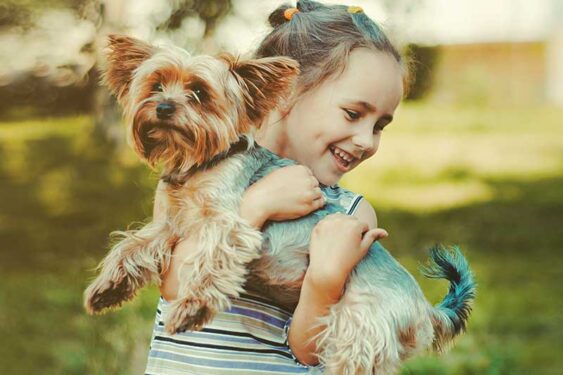
Pet care for kids in Australia is an important aspect of responsible pet ownership and can be a rewarding experience for children. It teaches them compassion, empathy, and the value of responsibility. Whether it's a dog, cat, bird, fish, or even a small rodent, caring for a pet requires commitment and understanding. Here are some essential aspects of pet care that kids in Australia should be aware of:
Choosing the right pet: Before getting a pet, it's crucial to research and choose a suitable pet that fits the family's lifestyle, living arrangements, and the child's age. Factors such as the size, activity level, and temperament of the pet should be considered. It's important to ensure that the chosen pet is allowed in the area where you live, as some apartments or rental properties may have restrictions.
Feeding: Children should be involved in feeding their pets. Educate them about the specific dietary needs of the pet and ensure they understand the appropriate portion sizes and feeding schedule. Encourage them to feed their pets at regular intervals and provide fresh water daily.
Exercise and play: Most pets, especially dogs, require regular exercise and playtime. Kids can take an active role in walking the dog, playing fetch, or engaging in interactive games with their pets. Ensure that they understand the importance of regular exercise for the pet's physical and mental well-being.
Grooming: Teaching children about pet grooming is essential. Depending on the type of pet, this may involve brushing their fur, trimming nails, cleaning ears, or bathing them. Show them how to handle grooming tools safely and make it a positive experience for both the child and the pet.
Training and socialization: If you have a dog, involve the kids in basic obedience training and socialization activities. Teach them how to use positive reinforcement techniques to reward good behavior. This will help the pet become well-behaved and friendly, ensuring a harmonious relationship between the pet and the family.
Health and veterinary care: Teach children the importance of regular veterinary check-ups, vaccinations, and preventive treatments for their pets. Explain the signs of illness or discomfort to look out for and encourage them to inform an adult if they notice any changes in their pet's behavior or health.
Cleanliness and hygiene: Help children understand the importance of cleanliness when it comes to pet care. Emphasize the need to clean pet bedding, litter boxes, or enclosures regularly. Teach them to wash their hands after handling pets to prevent the spread of germs.
Respect and boundaries: Children should learn to respect their pets' boundaries and understand that animals may need personal space. Teach them to approach pets gently, avoiding any rough handling that could cause harm or distress to the pet.
Responsibility and commitment: Owning a pet is a long-term commitment. Instill in children the importance of being responsible for their pets' well-being, including providing daily care, affection, and attention. Assign age-appropriate pet care tasks to teach them the value of responsibility and consistency.
Supervision: Ensure that children are always supervised when interacting with pets, especially young children who may not fully understand how to handle animals safely. This helps prevent accidents and promotes a positive and safe environment for both the child and the pet.
By involving children in the care of their pets, they can develop a strong bond and a sense of responsibility. It's important to remember that adult supervision and guidance are crucial, especially for younger children, to ensure the well-being of both the child and the pet.







